Coronavirus, dagli esperti italiani troppe informazioni spesso incoerenti
E' l'eloquente titolo dell’articolo di Repubblica su uno studio che è stato a suo tempo pubblicato con grande dovizia di particolari tuttora utili per meglio capire come si è mossa e continua a muoversi la comunicazione di vaccinolandia.
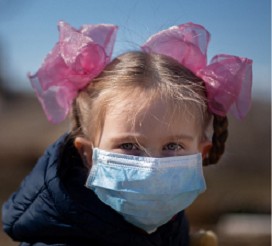
Il vaccino ai bambini e agli adolescenti? Una catastrofe morale
Sotto i venti anni la suscettibilità all’infezione da Covid-19 resta bassa (circa la metà rispetto a chi ha più di vent’anni), intanto le scuole confermano di non avere un ruolo rilevante nella trasmissione del virus, anche con le nuove varianti.
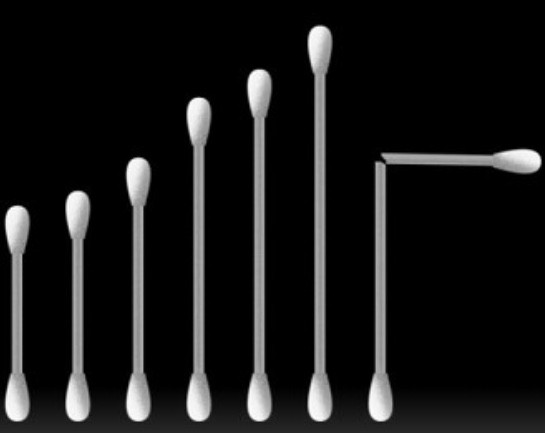
Rimangono ancora oscure le origini del virus
Con più di 92 milioni di persone contagiate e 2 milioni di morti per Covid nel mondo, ancora non si conosce con certezza l’origine del virus che sta provocando questo disastro globale. Pertanto i dubbi sulla efficienza dei vaccini sono più che leciti.
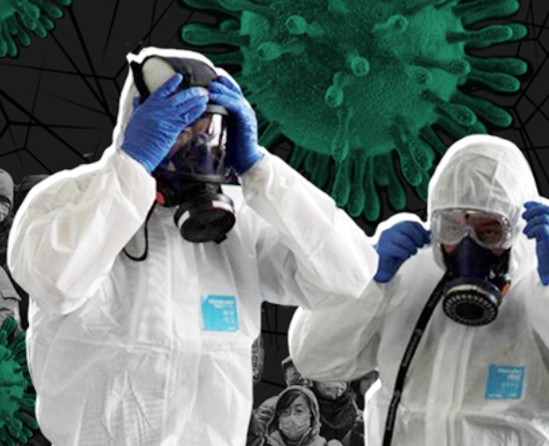
Coaguli di sangue e piastrine basse. Fa parte del rischio
Il quotidiano Wall Street Journal ha pubblicato un articolo bomba sui vaccini Covid. La pericolosità di questi sieri è stata sottovalutata dalla comunità scientifica internazionale?
50 eoni fa
L’internazionalismo e i movimenti di liberazione nazionale - Estratti audio da:
Comizio conclusivo della Festa nazionale dell’Unità - Roma 1 ottobre 1972
Relazione al XVI Congresso del Pci - Milano 2 marzo 1983
Democrazia italiana e democrazia interna - Estratto dalla relazione al XIII Congresso del Pci, Milano 13 marzo 1972
West and the East after the fall of the Berlin Wall
It’s been thirty years since the fall of the Berlin Wall, from that November day when East Germany announced the opening of the “frontier” between East and West Berlin.
Historians fix 1991 as the end of the Cold War, tying it to the fact that it’s in the December of that year that the Soviet Union dissolves, and a world divided at the end of World War II in two blocks ends. For more than forty years two very distinct ideologies, capitalist and communist, have been contraposed.
United States and Soviet Union spent all that time trying to make their system better than the other, or at least more appealing.
They did it with different strategies: USSR with a defensive stance, because while Stalin was convinced Communism would have won and taken Capitalism’s place, he knew very well that the Western model wasn’t facing a crisis, because the USA had a precise goal: bring wealth in the whole world and warrant their own safety.
What has Berlin to do with this fight between super powers?
Germany is the neuralgic point of Cold War, because inside the soviet area of influence, there’s a small American influence, West Berlin.
For Stalin this in unacceptable and in 1984 he blocks the passage between East and West Berlin. The logic is that of the Domino Effect: you lose Berlin, you lose Europe, you lose the world.
Is following this logic that Truman in 1950 intervenes in aid of South Korea when the country is attacked by North Korea.
In every small crisis there’s a potential world crisis.
The end of the Cold War turns out to be not only the end of an era for eastern Europe, but for the whole world.
West and East after the Berlin Wall fall
How does humanity interpret themselves after the fall of the Berlin Wall and the end of the Cold War? In many ways.
Where does Catholic Christianity ends, and where does the Orthodox one begins?
In the Orthodox bloc, Russia assumes the central position, surrounded by Islamic bearing countries, like Kazakhstan and Turkey. The Sinic pole recognizes again the Chinese hegemony.
Concerning Islam, one question remains: which country leads the way? Religion is the only big cohesion factor, Ummah (community) is more important than nation, and there are many different countries that want to take the lead, but they all lack “something”: Indonesia is dislocated, Egypt is poor and tied to the USA, everyone in Iran is Shiites, Pakistan is poor, Turkey is not predominantly Islamic and Saudi Arabia depends on the West.
What changed and how is the world constantly changing after the Cold War?
There’s a strength that seems to be the foundation of all cohesion or disintegration processes and conflicts that characterize the whole world after the Cold War: culture.
The clash between civilizations would replace, this way, the clash between superpowers.
Leaving ideals left for dead, humanity is looking for a new enemy to define itself.
Culture takes the role of aggregating or disruptive force.
And that’s how a new multipolar scenery develops, made out of seven or eight civilizations, and not bipolar like it was from 1947 to 1991.
A world with new classifications and ways of telling one’s story:
Today what defines us are not big ideologies of old, they are still present but they don’t have the same key role they served in the Cold War.
Man in this turn of the century still needs an ‘Adversative identity’, he recognizes himself and understand himself only if he recognizes diversity from another: I’m me because I’m different than you.
And thinking about globalization, it’s not the answer or the solution, globalization it’s not a synonym of cultural aggregation or especially universal identity.
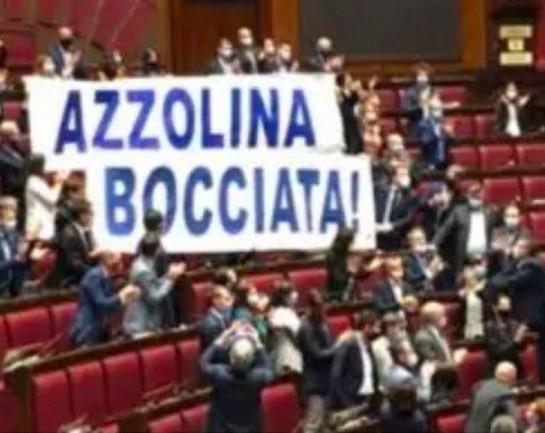
Accade in Italia, zero in condotta alla Ministra
Grande clamore mediatico. In Parlamento l’opposizione sbraita “Bocciata!” Con toni e modi che sviliscono l’aula.
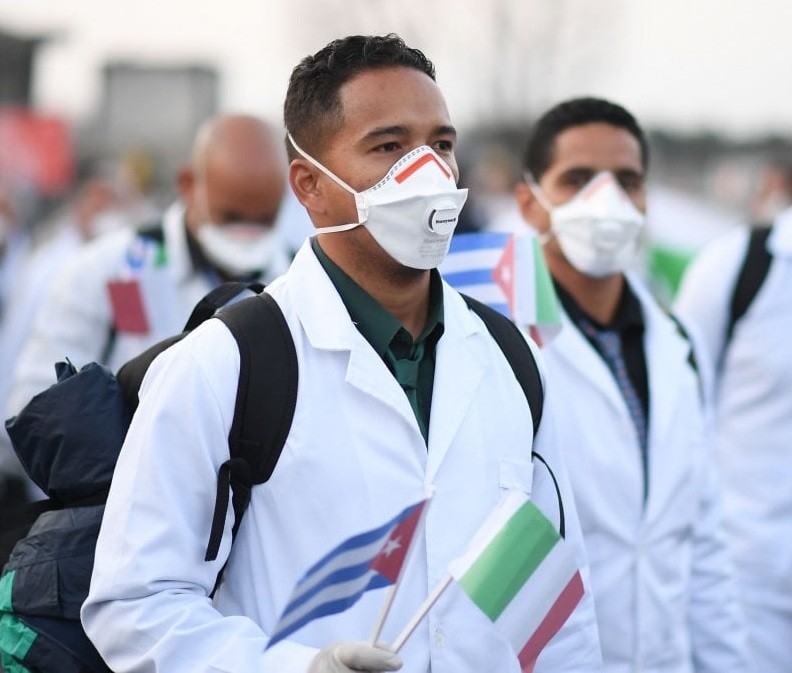
Come mai Cuba manda le brigadas médicas in aiuto agli altri gratuitamente
La pandemia in giro per il mondo/Il Coronavirus, visto da l'Avana
Nemmeno in un periodo di conclamata pandemia l'America di Trump ha allentato l'embargo. Nonostante le difficoltà l' Avana continua a mandare i suoi medici cubani in mezzo mondo appestato dal Covid-19 tra cui l' Italia. I medici che compongono la brigada provengono da una istituzione di eccellenza che forma medici provenienti da tutta l’America latina e dall’Africa. L'istituzione nata nel 1999, ha il chiaro obiettivo di formare una classe medica di alto livello nei paesi sottosviluppati ed in via di sviluppo, che sia anche in grado di rispondere alle sfide globali come le catastrofi ambientali e le pandemie.





